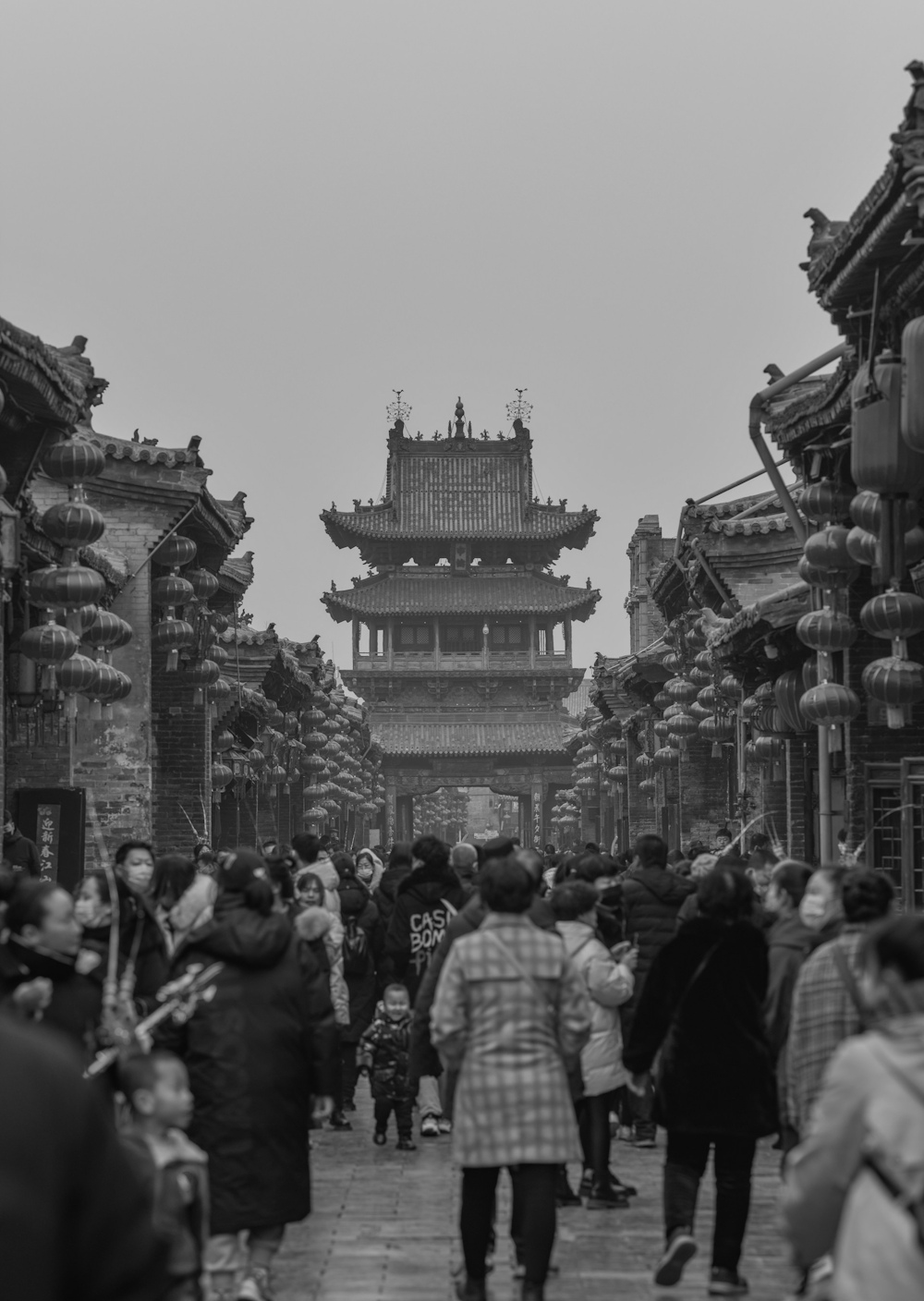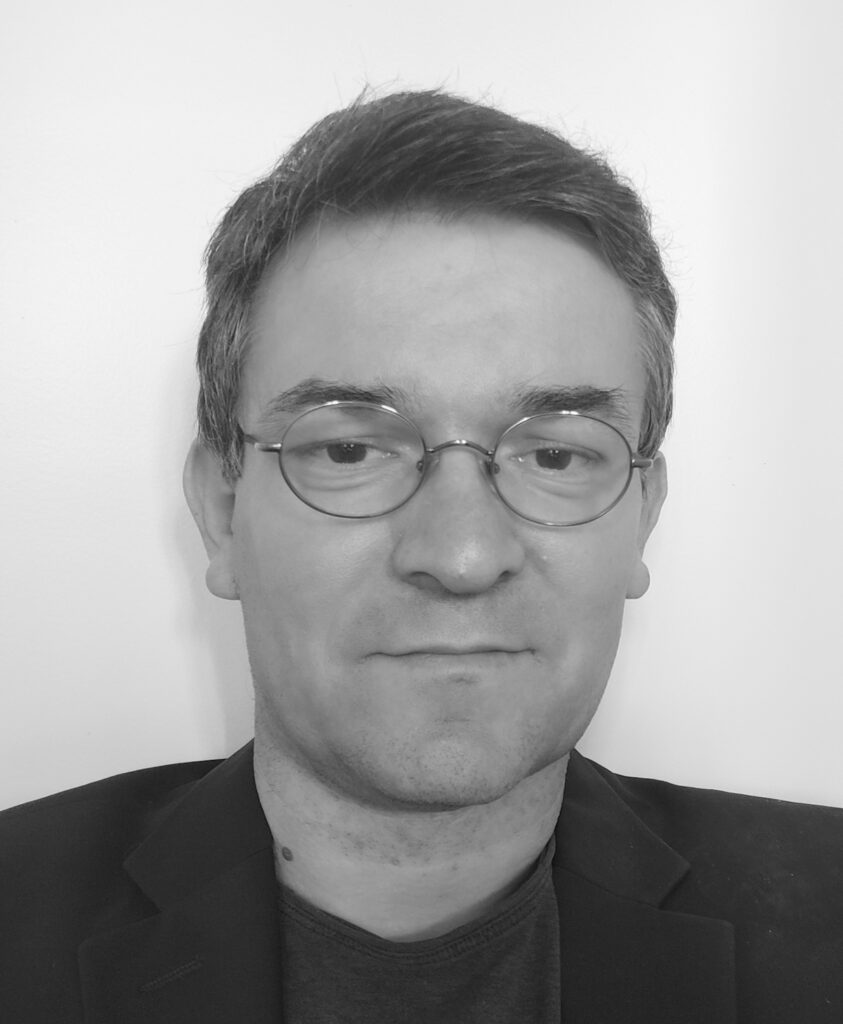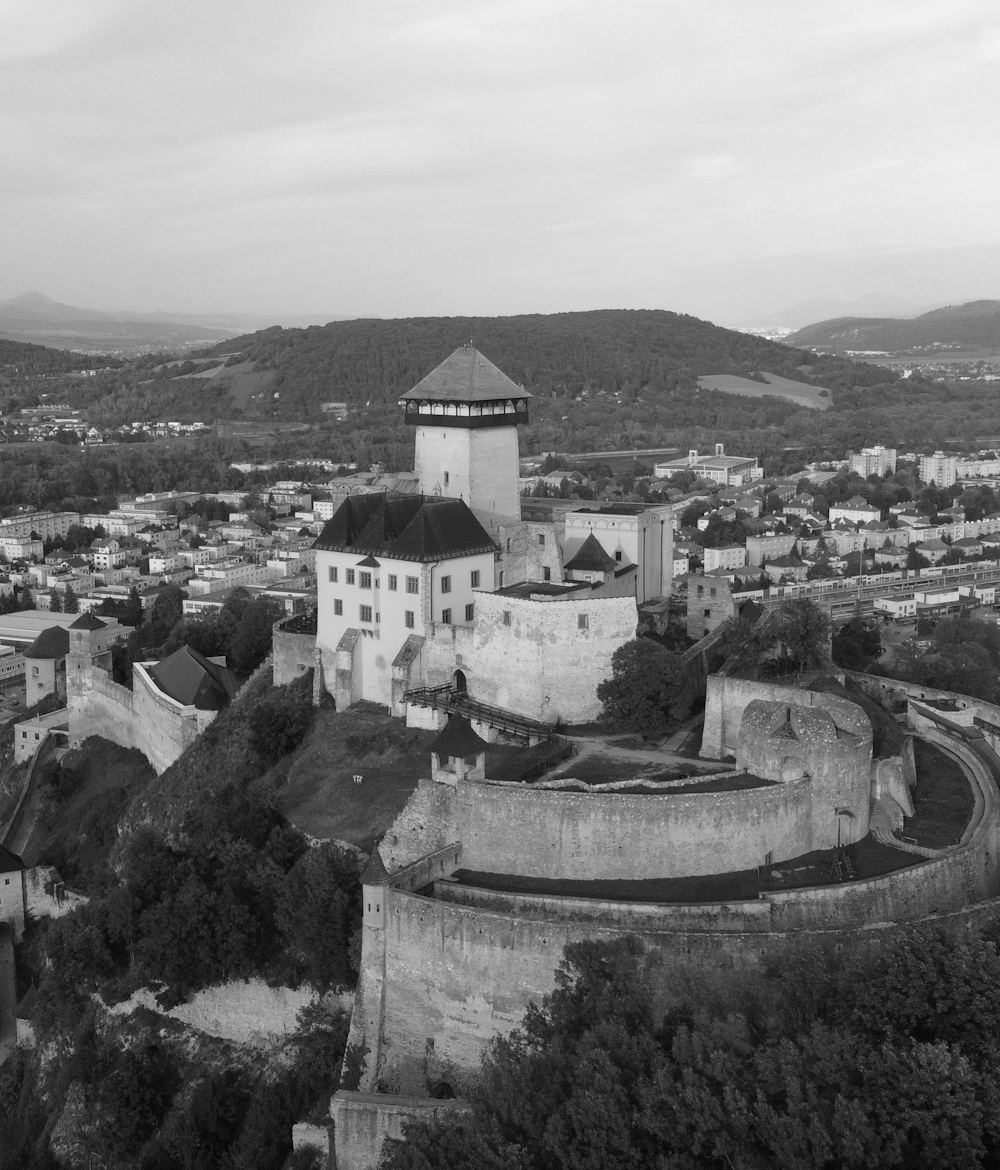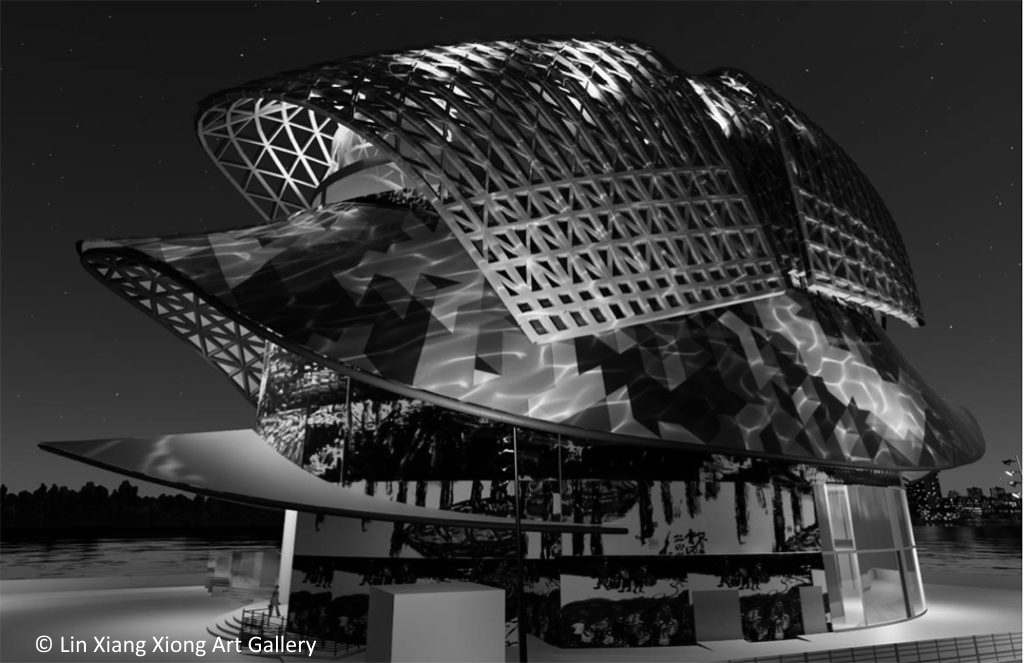by Sebastien GOULARD
On September 30, 2025, the 9th edition of the Pingyao International Film Festival—also known as the Pingyao “Crouching Tigers, Hidden Dragons” International Film Festival—came to a close. Initiated by acclaimed filmmaker Jia Zhangke, this festival is now internationally recognized for the quality of its programming and its ability to spotlight emerging talent in Chinese cinema. It enables China to maintain a presence in the independent film sector and thus contributes to Beijing’s soft power strategy.
The 2025 Winners
This year, films from Taiwan and Iraq shared top honors. Taiwanese director Shen Ko-shang received the Fei Mu Award in the festival’s “Hidden Dragons” section for his film “Deep Quiet Room”, a family drama that explores the traumas experienced by a couple. The Fei Mu Award is dedicated to young Chinese-language filmmakers for their first or second feature and is named in honor of Fei Mu (费穆), a pioneering Chinese director. Fei Mu (1906–1951) is considered one of the very first major Chinese filmmakers. He directed Song of China (1935), one of the first Chinese films to be released in the United States. Not politically engaged, Fei Mu fled to Hong Kong along with many actors when the Communists came to power in 1949, and he died there in 1951. His work was rediscovered in China in the mid-1980s. Today, he symbolizes a Chinese cinema that is both outward-looking and unifying.
The Roberto Rossellini Award, granted in the “Crouching Tigers” section to promising international filmmakers, was awarded to Hasan Hadi for his film “The President’s Cake”, which tells the story of a schoolgirl tasked with baking Saddam Hussein’s birthday cake. Hadi had previously won Best First Feature at the most recent Cannes Film Festival.
Several other awards were also presented (the full list can be found here). For the first time, the festival introduced a “Chinese Filmmaker of the Year” award, recognizing three directors who had been honored internationally. The winners were Huo Meng, who received the Silver Bear for Best Director for “Living the Land”; Bi Gan, awarded the Jury Prize at Cannes for “Resurrection”; and Cai Shangjun, whose film “The Sun rises on Us All” saw lead actress Xin Zhelei win Best Actress at the Venice Film Festival. This new award highlights growing recognition for Chinese cinema abroad and celebrates domestic filmmakers acclaimed by their international peers.
Ambitious Aspirations
The Pingyao festival was born from the ambition of Jia Zhangke, the renowned director of Still Life, which won the Golden Lion at the Venice Film Festival in 2006. Jia embodies the complexity of contemporary Chinese cinema. After his first film, “Xiao Wu” (小武), won an award at the Berlin Film Festival in 1998, Chinese authorities denied him permission to continue filming in the country. Jia circumvented this ban by making underground films that showcased his talent. Only in the 2000s, amid a gradual liberalization of the Chinese film industry, did his work gain broader exposure.
His international acclaim in 2006 marked a turning point in his relationship with the Chinese authorities. In 2018, he became a deputy in the National People’s Congress. However, this political engagement has not prevented him from speaking out against film censorship in China.
Like Robert Redford, who founded the Sundance Film Festival in Utah, Jia Zhangke launched the Pingyao Festival in 2017 in a city close to his heart. To do so, he partnered with Marco Müller, a former director of several European film festivals, who became the artistic director of the Pingyao festival. The event aims to be a meeting point between East and West, as reflected in its two main sections. The films showcased come not only from China and the broader Chinese-speaking world but also from across the globe. The eclectic selection highlights the complexity of our modern world.
Notably, the festival officially bears the name “Pingyao Crouching Tiger, Hidden Dragon International Film Festival,” with director Ang Lee having granted permission to use the title of his most famous film. This name aptly reflects the festival’s ambition to serve as a launchpad for Chinese films seeking international exposure.
Film Festivals in China
Pingyao is not the only Chinese city to host a film festival. Both Beijing and Shanghai have their own internationally recognized festivals, launched in 2011 and 1993, respectively. Other cities, such as Guangzhou and Changchun, also organize film events that are gaining increasing prestige.
For these cities, hosting a film festival is a way to enhance their cultural and artistic profile and to compete with their counterparts in Europe or the United States. Pingyao has clearly positioned itself differently by focusing on uncompromising, high-caliber cinema, particularly independent films. The festival helps preserve a space within China for thought-provoking cinema and promotes Chinese films with strong artistic value.
Pingyao: A Cultural Renaissance
The choice of Pingyao as the festival’s location is no coincidence. Today, it is a popular tourist destination in central Shanxi province. Its well-preserved historic center, listed as a UNESCO World Heritage Site, draws visitors from across China eager to see its ancient city walls and temples. It is a place steeped in artistic and cultural significance.
Yet Pingyao is more than just another heritage town. Its rich architectural legacy stems from its historical role as the financial heart of imperial China—home to the country’s first banking institutions. With its film festival, Pingyao reasserts China’s place in the global independent film scene. The films screened and awarded here may not be box office hits, but they possess undeniable artistic merit. Through the Pingyao International Film Festival, China positions itself as a major player in this vital cultural sector.
Sebastien GOULARD
Sebastien Goulard is a consultant at Cooperans, a consultancy specializing in international relations.
He is also the founder of Diplomarty.
Sebastien Goulard holds a doctorate in economic and social development from Ecole des Hautes Etudes en Sciences Sociales (School for Advanced Studies in the Social Sciences), Paris. He has been involved in several European research programs focusing on sustainable urbanization in China.







